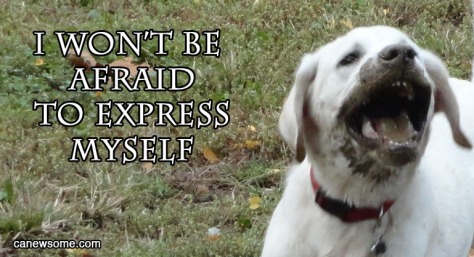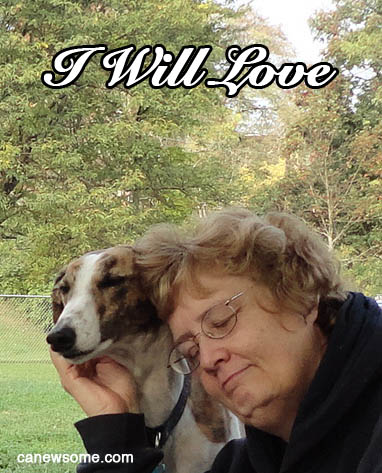“The failure to comprehend a problem is sometimes the best way to transcend it.”
—C. A. Newsome, June 2015
I spent some time talking to a literary genius recently. Someone who can write rings around me while juggling Mom’s china. I’ve known this person all my life, and he could do this before he went to two prestigious schools to obtain degrees in English lit. He’s devoted his life to books. Yet, as far as I know, he has never published anything except some brilliant reviews he wrote for his college newspaper. I expect the world will discover thousands of pages of priceless prose after his death. I am hoping he will leave them to me in his will.
“The problem is, you either have to have a one-in-a-million lucky stroke, or you have to spend years rigorously refining your writing until you’ve perfected your pandering.”
—literary genius on achieving success as an author
My literary genius is paralyzed by too much knowledge: too many stories about iconic books that were rejected dozens or even hundreds of times before they were printed, passed over again and again while the best seller lists teemed with barely-literate fluff; the DNA-deep understanding that it takes ten years or more of banging your head against the door before someone will let you in, and once they do, they will take the child of your heart and do with it what they will while tying you up with a contract that says they own you.
You would think the explosion in self publishing would have oppressed literary types like my genius at the forefront. Instead, they are suffering their own form of Stockholm syndrome, still seeking approval from the brutal and draconian system that rejected them all their lives.
There are many stories of first time hacks (like me) who said, “Writing a book would be fun. I can publish it myself? Cool!” who blundered into self-publishing and quickly turned it into a full-time business. My favorite example, Colleen Hoover, became a millionaire and hit the NYT bestseller list in six months.
Random House takes 18 months to turn a manuscript into a book. It took me five months to earn enough from my first book to quit my job. That’s why I penned the pithy and profound saying above. All us newcomers did not know that publishing was supposed to be a path to failure and humiliation. We didn’t see what the problem was, and for us, there wasn’t one.
So, take everything you’ve ever heard about succeeding at anything and scrap it. Here’s my philosophy:
Not everybody is going to like what you do. Some people will. Some people won’t. Your job is to be yourself, the best ‘you’ you can be, and create the most authentic, book, painting, or widget you can. Then go find those people who do like and want what you do.
That’s it. Seriously.
It’s not complicated, but It takes work, flexibility, and the willingness to get up off your ass when life knocks you down. You’ve got to get rid of your preconceived ideas of what help, opportunity and success look like. You need to be determined to learn what you need to know and able to look at your stuff with an unbiased, critical eye. You must do all this with a smile on your face and a song in your heart.
Or you can hang out in obscure little coffee houses, waiting for the Book Fairy to sprinkle stardust on you.














